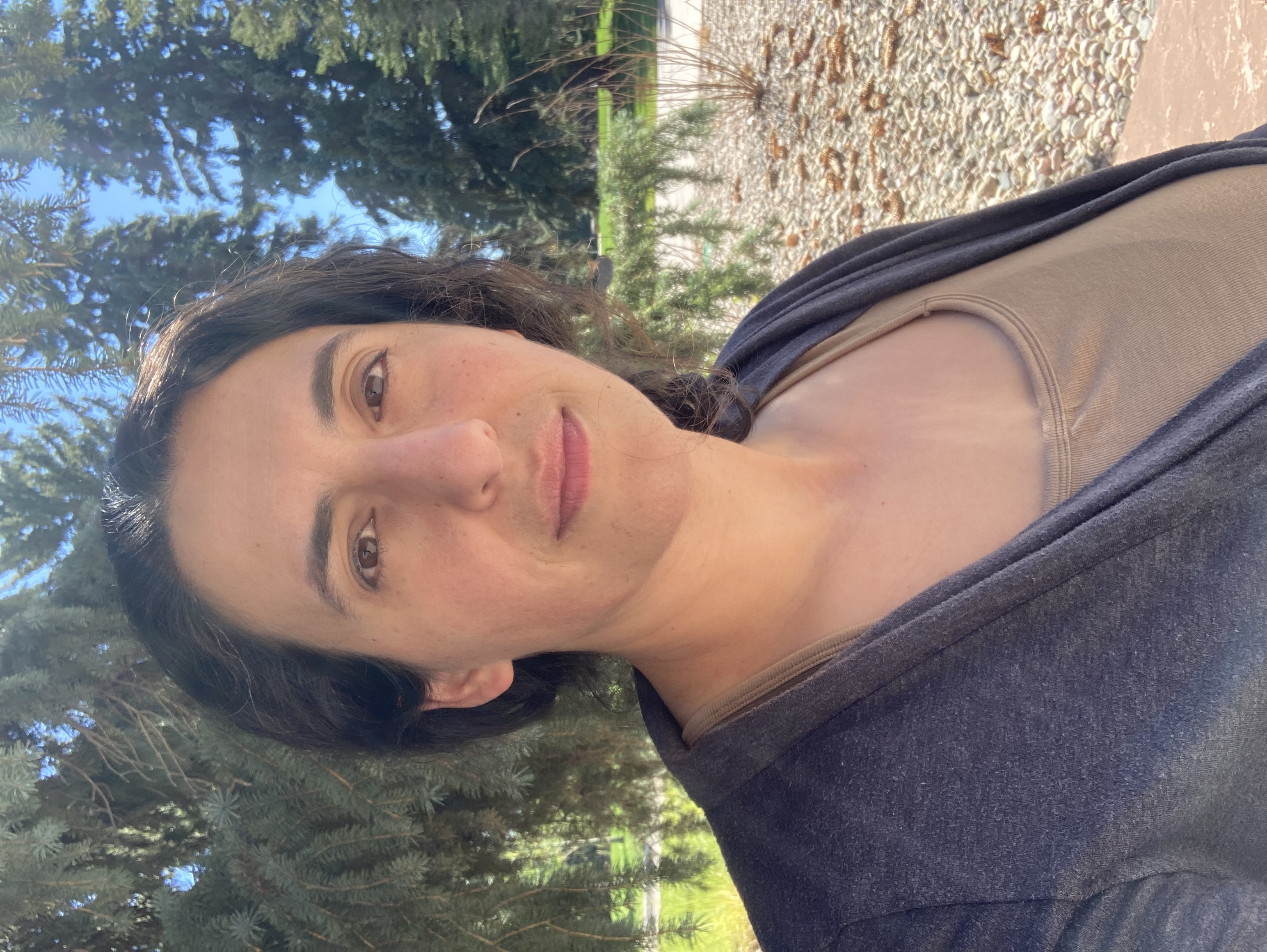Professor, Agroecology
Office: Ag C 4006
Phone: 307-766-3439
Email: rjabbour@uwyo.edu
Teaching
- PLNT 1000: Agroecology
- PLNT 4120/5120: Organic Food Production
- PLNT 3030: Ecology of Plant Protection
- PLNT 4920: Research Apprenticeship
*Contact me in advance if you are interested in completing a research apprenticeship in my lab group.

Research
My overall research goal is to utilize ecological interactions to design sustainable agricultural systems. Specifically, I study 1) pest management in cropping systems, 2) the effect of biodiversity and habitat heterogeneity on ecosystem services, and 3) the role of farmer decision-making in agricultural management, in collaboration with social scientists. Here in Wyoming, I plan to develop research projects in these areas in relevant field crop and forage systems, in collaboration with faculty and Extension professionals here at the University and with others in the region.
Publications
McClure, M.*, Herreid, J.*, and Jabbour, R. 2023. Insecticide application timing effects on alfalfa insect communities. Journal of Economic Entomology 116: 815-822.
Pellissier, M.E.*, Rand, T.A., Murphy, M.A., and Jabbour, R. 2022. Landscape composition and management history affect alfalfa weevil but not its parasitoid. Environmental Entomology https://doi.org/10.1093/ee/nvac057
Nobes, S.*, Herreid, J.*, Panter, K., and Jabbour, R. 2022. Insect visitors of specialty cut flowers in high tunnels. Journal of Economic Entomology 115: 909-913.
Jabbour, R., McClelland, S.C.*, and Schipanski, M.E. 2021. Use of decision-support tools by students to link crop management practices with greenhouse gas emissions: A case study. Natural Sciences Education 50: e20063.
Carabajal-Capitán, S.*, Kniss, A., and Jabbour, R. 2021. Seed predation of interseeded cover crops and resulting impacts on ground beetles. Environmental Entomology. https://doi.org/10.1093/ee/nvab026
Jabbour, R. and Noy, S. 2020. The promise of a multi-disciplinary, mixed-methods approach to inform insect pest management: Evidence from Wyoming alfalfa. Frontiers in Sustainable Food Systems 4: 246. https://doi.org/10.3389/fsufs.2020.548545.
Noy, S. and Jabbour, R. 2020. Decision-making in local context: Expertise, experience, and the importance of neighbours in farmers’ insect pest management. Sociologia Ruralis doi.org/10.1111/soru.12267
Jabbour, R. and Pellissier, M.E. 2019. Instructor priorities for undergraduate organic agriculture education. Natural Sciences Education 48: 1-7.
Pellissier, M.E.* and Jabbour, R. 2018. Herbivore and parasitoid insects respond differently to annual and perennial floral strips in an alfalfa ecosystem. Biological Control 123: 28-35.
Rand, T., Pellissier, M.E.*, Jabbour, R., Lundgren, J.G., and Waters, D.K. 2018. Evaluating the establishment success of Microctonus aethiopoides (Hymenoptera: Braconidae), a parasitoid of the alfalfa weevil (Coleoptera: Curculionidae), across the northern Great Plains. The Canadian Entomologist 150: 274-277.
Jabbour, R. and Noy, S. 2017. Wyoming producer priorities and perceptions of alfalfa insect pests. Journal of Integrated Pest Management 8: 1-7.
Noy, S. and Jabbour, R. 2017. Using egocentric networks to illustrate information seeking and sharing by alfalfa farmers in Wyoming. Journal of Extension 55:2RIB1.
Pellissier, M.E.*, Nelson, Z*. Jabbour, R. 2017. Ecology and management of the alfalfa weevil (Coleoptera: Curculionidae) in Western United States alfalfa. Journal of Integrated Pest Management 8: 1-7.
Kniss, A.R., Savage, S., Jabbour, R. 2016. Commercial crop yields reveal strengths and weaknesses for organic agriculture in the United States. PLoS ONE 11(8): e0161673. doi:10.1371/journal.pone.0161673.
Jabbour, R., Pisani-Gareau, T., Smith, R.G., Mullen, C., Barbercheck, M. 2015. Cover crop and tillage intensities alter ground-dwelling arthropod communities during the transition to organic production. Renewable Agriculture and Food Systems 31: 361-374.

